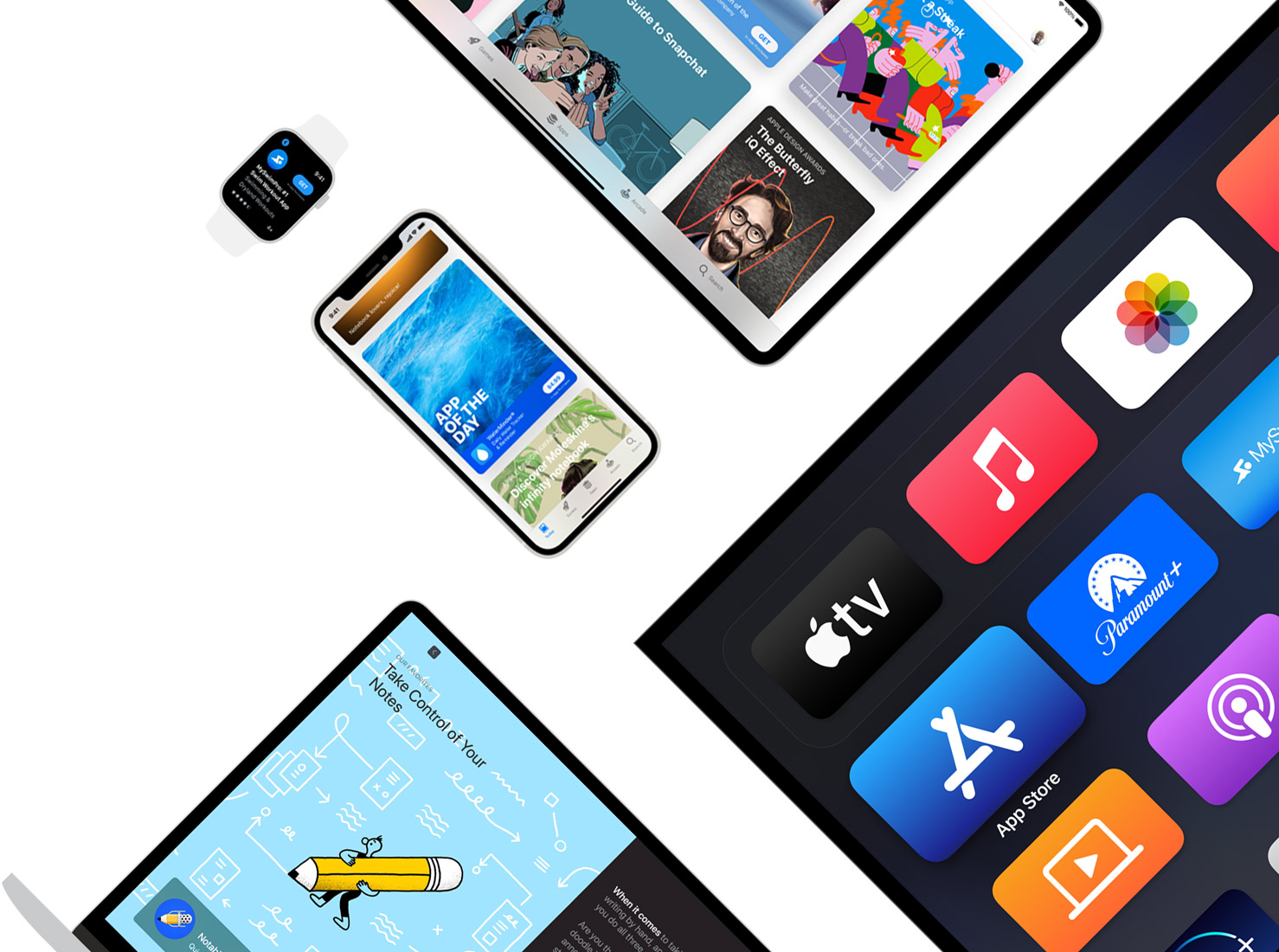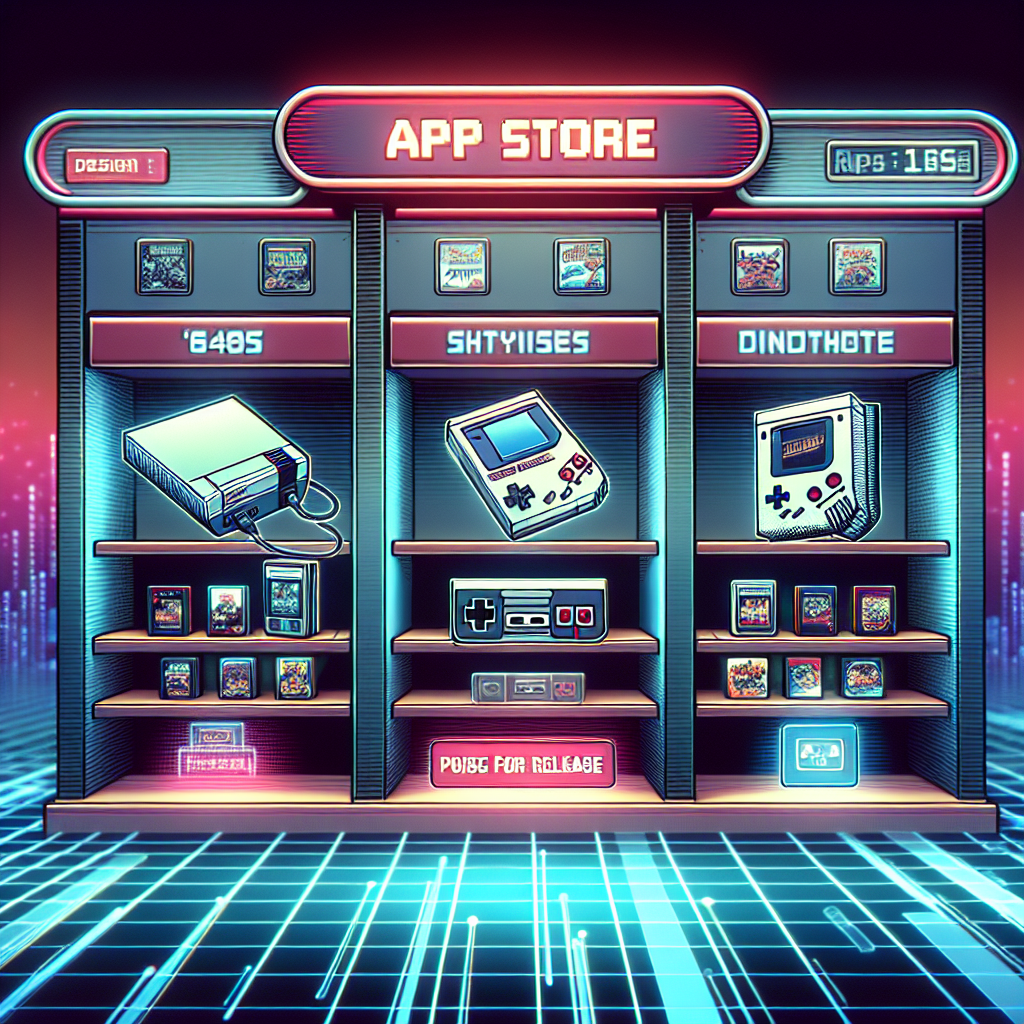 ## Retro Game Emulators Set to Debut on the App Store
## Retro Game Emulators Set to Debut on the App Store
The gaming landscape has transformed quickly, yet for many, the nostalgic charm of retro games is unparalleled. Following Apple’s recent policy modification, fans of classic gaming can now access their beloved retro titles directly via the App Store. This update heralds a new chapter for emulators, providing a smooth experience for iPhone users. Let’s explore the thrilling advancements and their implications for retro gaming aficionados.
The Apple App Store Policy Evolution
In early April, Apple altered a long-standing regulation that effectively prohibited emulators from its App Store. This pivotal change has unlocked the potential for developers to present emulators on Apple’s digital marketplace. In the past, iPhone users had to depend on side-loading apps to utilize emulators, which often proved cumbersome and risky. Now, with the App Store’s backing, a broader audience can access retro games in a secure and straightforward manner.
A New Chapter for Emulators
The revised guidelines have sparked a wave of emulator submissions. This translates to more choices for users eager to emulate classic consoles on their iPhones and iPads. Some emulators have already launched, while others are set to debut soon. Here’s a glance at a few notable options:
Delta
Delta is a Nintendo-focused emulator now live on the App Store. It accommodates a diverse range of Nintendo consoles, such as GameBoy Advance, GameBoy Color, Nintendo DS, NES, Super NES, and Nintendo 64. A recent enhancement has improved its compatibility with iPad, providing full-screen game support and revamped skins for a more immersive gaming experience.
eNES
eNES: NES Emulator Retro Emu serves as a lightweight emulator tailored for NES games, featuring capabilities like automatic save functionality and external controller integration. It is available for free, delivering a compact alternative for classic gaming fans.
Folium
Folium enables gaming on Nintendo’s Game Boy Advance, Nintendo 3DS, and Nintendo DS. With plans to incorporate PlayStation and Sega Genesis compatibility, Folium stands as an appealing choice for a variety of gaming experiences.
The Varied Emulator Ecosystem
Numerous emulators aim to secure a position in the App Store, each presenting distinct features and support for various consoles:
Gamma
Gamma centers on Sony PlayStation titles and provides functionalities such as save states and cloud sync. It can be downloaded for free, with an option to eliminate ads for a small charge.
Provenance
Provenance acts as a multi-emulator front that accommodates a wide range of systems, including Nintendo, Sega, Sony, and more. It is preparing for an App Store launch, promising to uphold its quality through continual code refinement.
Obstacles and Innovations
Despite the enthusiasm, not all emulators can enter the App Store. Apple’s restriction on Just In Time (JIT) compilation presents hurdles for certain emulators, particularly those for Nintendo Wii and GameCube, which necessitate JIT for operation on Apple’s ARM chips.
Conclusion
The addition of emulators to the App Store signifies a major advancement for retro gaming on iOS devices. With Apple’s policy transformation, a new wave of nostalgia is washing over iPhone and iPad users, granting them the opportunity to revisit classic titles with ease. As more emulators make their debut on the App Store, the future of retro gaming on Apple systems appears exceptionally promising.
Frequently Asked Questions (FAQs)
Q1: What motivated Apple to permit emulators on the App Store?
A1: Apple revised its App Store Review Guidelines in April, eliminating a rule that essentially banned emulators. This change was likely driven by the rising interest in retro gaming and the secure distribution of applications via the App Store.
Q2: What platforms do the newly introduced emulators support?
A2: Recent emulators like Delta and Folium support various platforms, including Nintendo consoles (e.g., GameBoy, NES, DS), PlayStation, and Sega Genesis. Each emulator has different console compatibility, so users should verify specific apps for supported systems.
Q3: Can every kind of emulator be submitted to the App Store?
A3: No, not all emulators qualify for submission due to Apple’s prohibition of Just In Time (JIT) compilation, which some emulators depend on. This restriction limits the acceptance of certain emulator types, such as those for Nintendo Wii and GameCube.
Q4: Are there free emulators on the App Store?
A4: Yes, multiple emulators such as Gamma and eNES are available at no cost. Some provide in-app purchases to enhance user experience, including ad removal or additional features.
Q5: Will emulators impact the performance of my iOS device?
A5: Emulators are built to run efficiently on iOS devices, although performance may vary based on the app and the specific hardware of your device. Most emulators offer settings for optimizing performance to enhance the gaming experience.
Q6: How does the arrival of emulators benefit the retro gaming community?
A6: The inclusion of emulators in the App Store offers a secure and convenient avenue for users to engage with classic games. This fosters the preservation of retro games and expands their accessibility to newer audiences who may not have had the chance to experience these games initially.